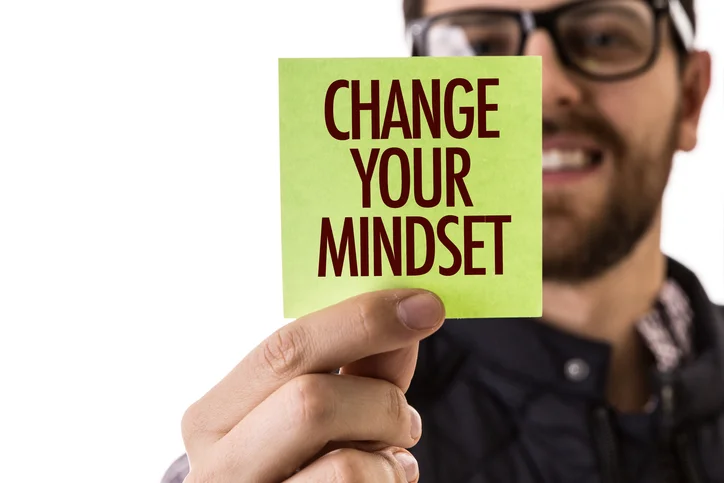Daniel Kahneman, winner of the Nobel Prize in Economics (as a psychologist!) and one of the greatest thinkers of our time, has spent decades researching cognitive bias, automatic systematic errors in our thinking. Thinking, Fast and Slow, Kahneman’s 2011 best-seller, deserves more attention than we can delve into here but hopefully, we will inspire you to give deeper consideration into how we think, and how we can proactively influence, in a good way, our thinking with mindfulness meditation.
Kahneman, based on his research about loss aversion, makes a distinction between two systems of thinking. System 1 is fast, automatic, frequent, emotional, stereotypic, and unconscious. System 2 is slow, effortful, deliberate, logical, calculating, and conscious. System 1 thinking involves associating new information with existing patterns and thoughts rather than creating new patterns for each new experience (Kahneman, 2011).
Both systems play an important role in day-to-day decision-making, and naturally in human evolution, but automatic thinking can lead to cognitive bias. While there are scores of studies about the consequences of cognitive bias, little research has been done specifically within the workplace, and how such thinking has an impact on the bottom line. A 2017 study of 3,570 white-collar college-educated professionals was the first of its kind to quantify the cost of bias. It found that employees of large companies who perceive bias – in the areas of ability, ambition, commitment, connections, emotional intelligence and executive presence – are more likely to leave their companies within a year and were 2.6 times more likely to withhold ideas or solutions during the preceding six months (Hewlett & Sherbin, 2017).
Our brains are incapable of thoughtfully considering every possible decision and we wouldn’t want them to (would you want to stop to consciously think if a bear was running after you?). While it’s beyond the realm of possibility to completely eliminate all of our unconscious biases, it is possible to intentionally build breaks into our routines in order to become more aware of the areas we can deliberately make choices.
These breaks in routine could be as simple as weaving brief moments of mindfulness into our day. The benefit of doing so? Mindfulness helps us decrease negativity bias, the tendency to weight negative information, events, or emotions more than positive information. Think about how bad news spreads much faster than good news or how much more apt we are to give a negative review or post a negative comment. A study involving objective performance-based measures, involving a computer game, found that “participants in the mindfulness condition demonstrated less negativity bias in attitude formation” and that “those in the mindfulness condition reported higher levels of optimism compared to the control condition.” (Kiken & Shook, 2011).
Other benefits of mindfulness in the area of cognitive bias include enabling us to see the full context of peoples’ actions (helping us fight our tendency to make assumptions) and helping us increase our empathy to those who are different from us (Suttie, 2017).
While there is much more to learn about how to minimize our biases, we do know that the practice of mindfulness is a great tool to recognize and slow down the process of automatic judgments.
References
Hewlett, S.A., Rashid, R., Sherbin, L., (2017). Disrupt Bias, Drive Value. Center for Talent Innovation
Kahneman, D. (2011). Thinking, Fast and Slow. New York, NY: Farrar, Straus and Giroux
Suttie, J., (2017). Three Ways Mindfulness Can Make You Less Biased. Greater Good Magazine
Kiken L.G., Shook, N.J. (2011) Looking Up: Mindfulness Increases Positive Judgment and Reduces Negativity Bias. Social Psychological and Personality Science, 2(4)425-431
To read additional blogs, click on a tag of interest.

